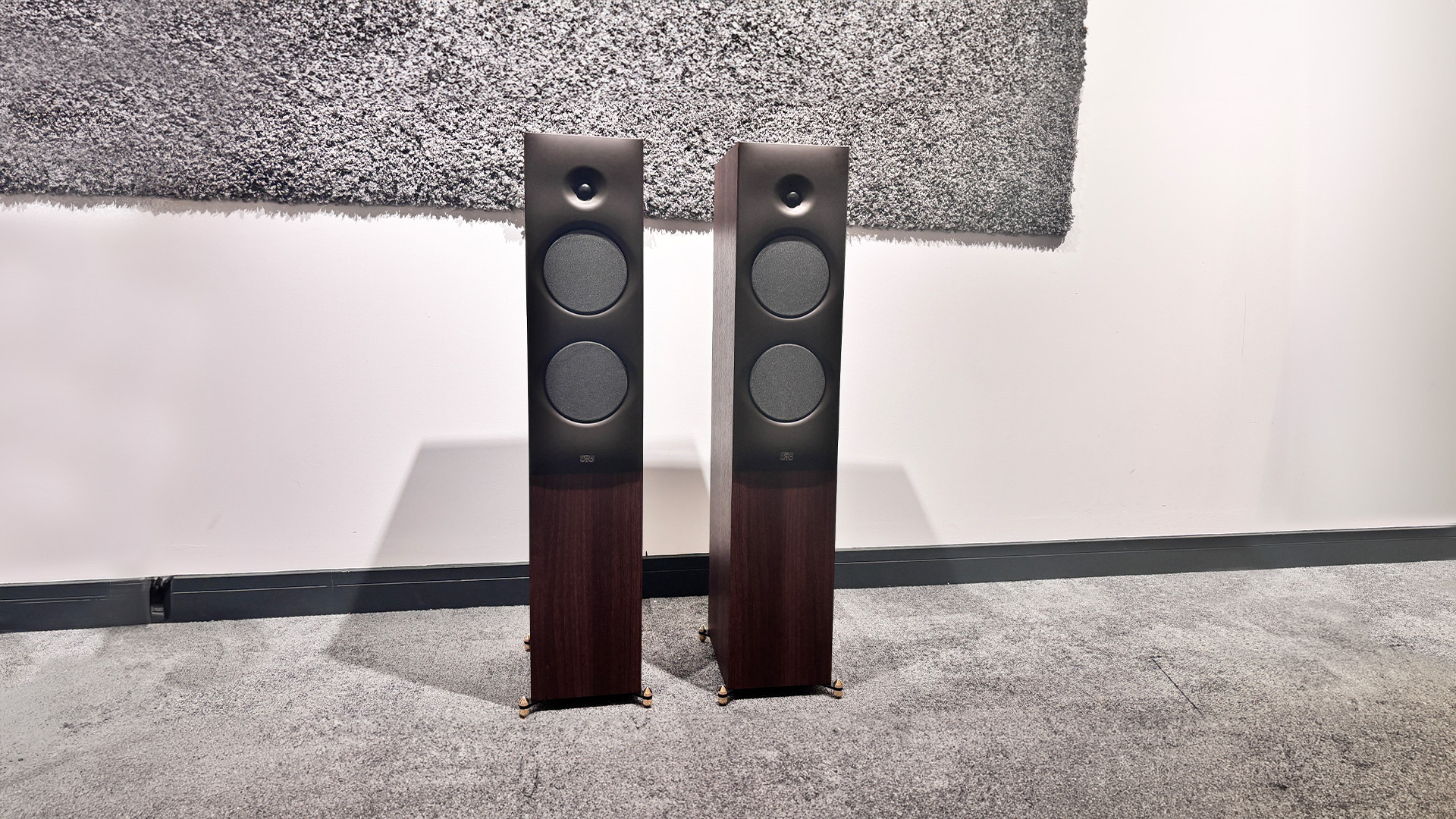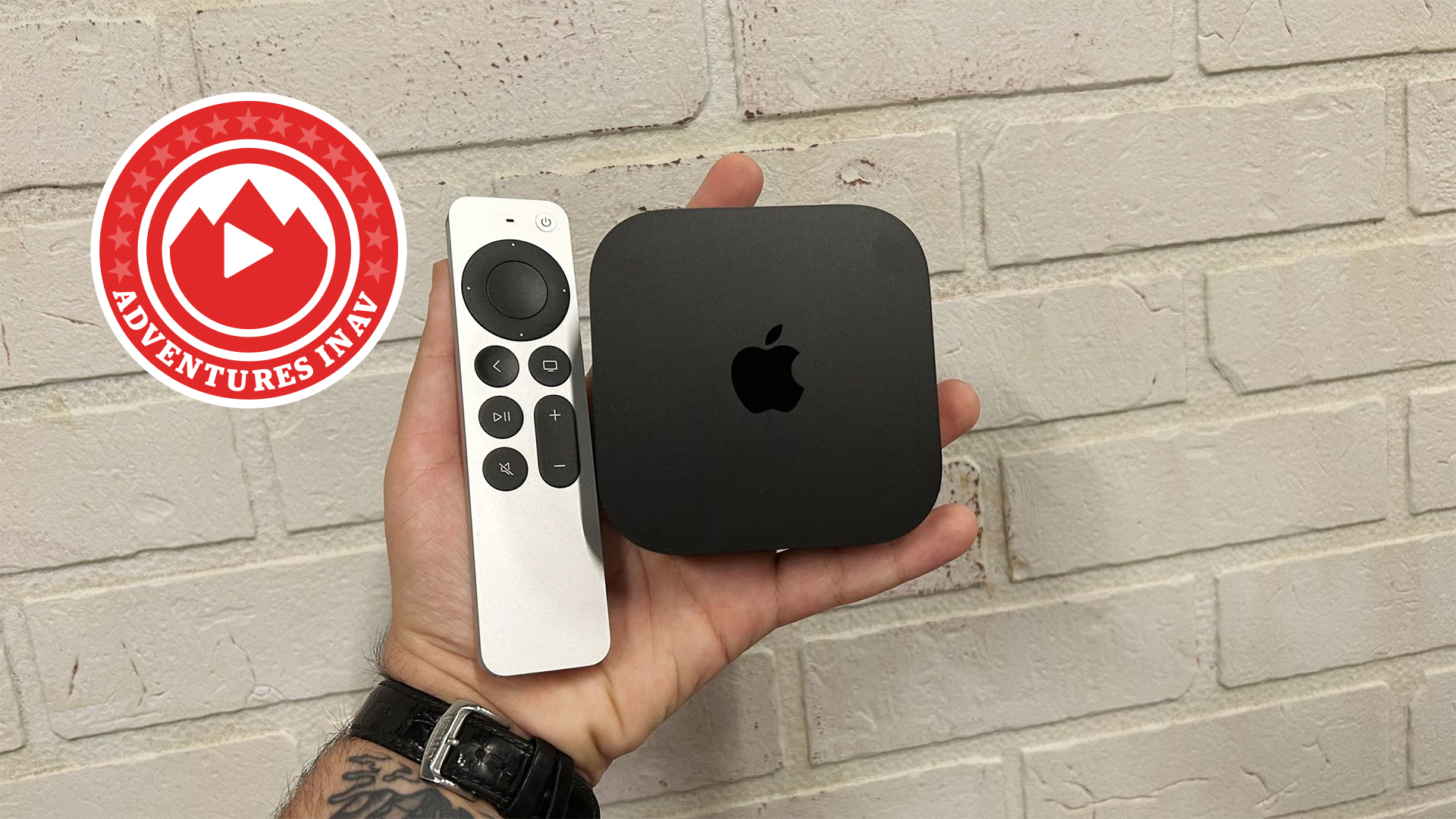What Hi-Fi? Verdict
The Sprint 4 will appeal to anyone looking for an organised, detailed and even-handed pair of floorstanders, even if they aren’t as entertaining as the class leaders
Pros
- +
Clear, detailed presentation
- +
Solid and authoritative, with impressive bass control
- +
Generally well made
Cons
- -
Could be better with rhythms
- -
Lack dynamic finesse
- -
Floor spikes could be sharper and easier to adjust
Why you can trust What Hi-Fi?
If you’re not familiar with Revival Audio, allow us to give you a very short history lesson. The young brand was founded in 2021, bringing together the combined talents of Daniel Emonts, former engineer for the likes of Dynaudio and Focal, and Jacky Lee, Dynaudio’s former CCO until his departure in around 2020.
In the short time it's been an official brand, Revival has been busy trying to carve out its own niche within the market, offering four pairs of standmount speakers, two sets of floorstanders and two stand designs as it grows its reputation and expands its roster.
Revival promises to bring the combined “savoir-faire” of its founders across its expanding range, vowing “to perfect true listening experiences through products of decades-accumulated craftsmanship”.
That’s what we want to hear from the Revival Sprint 4, a premium pair of floorstanders that aim to challenge the likes of PMC’s exceptional Prodigy 5 (£1995 / $2510 / AU$3399) class-leaders at this price point.
Names, logos, reputations; these are all just words. What we care about is performance, and if the Sprint 4 are good enough, they deserve to be considered among the more established hi-fi brands.
Build & design
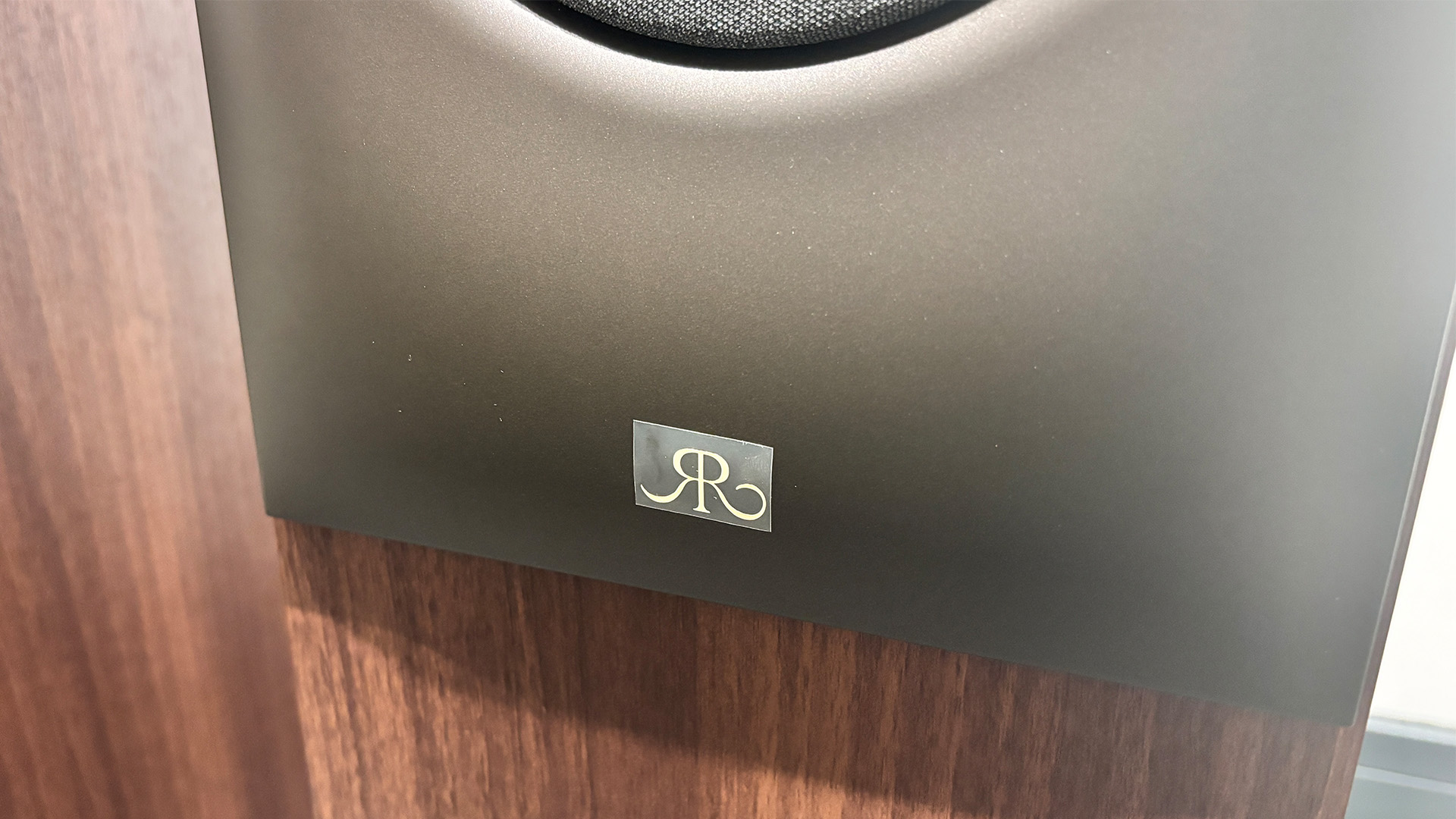
The Sprint 4 are generally an attractive and capably made pair of loudspeakers. Standing over 1m tall, they’re not what we’d call “titchy”, easily dwarfing the similarly-priced PMC Prodigy 5 we use as our comparative test pair.
The wooden cabinets are a tad utilitarian but finished to a decent standard, so that running a hand over each speaker reveals very few nicks, bumps or rough edges.
The latest hi-fi, home cinema and tech news, reviews, buying advice and deals, direct to your inbox.
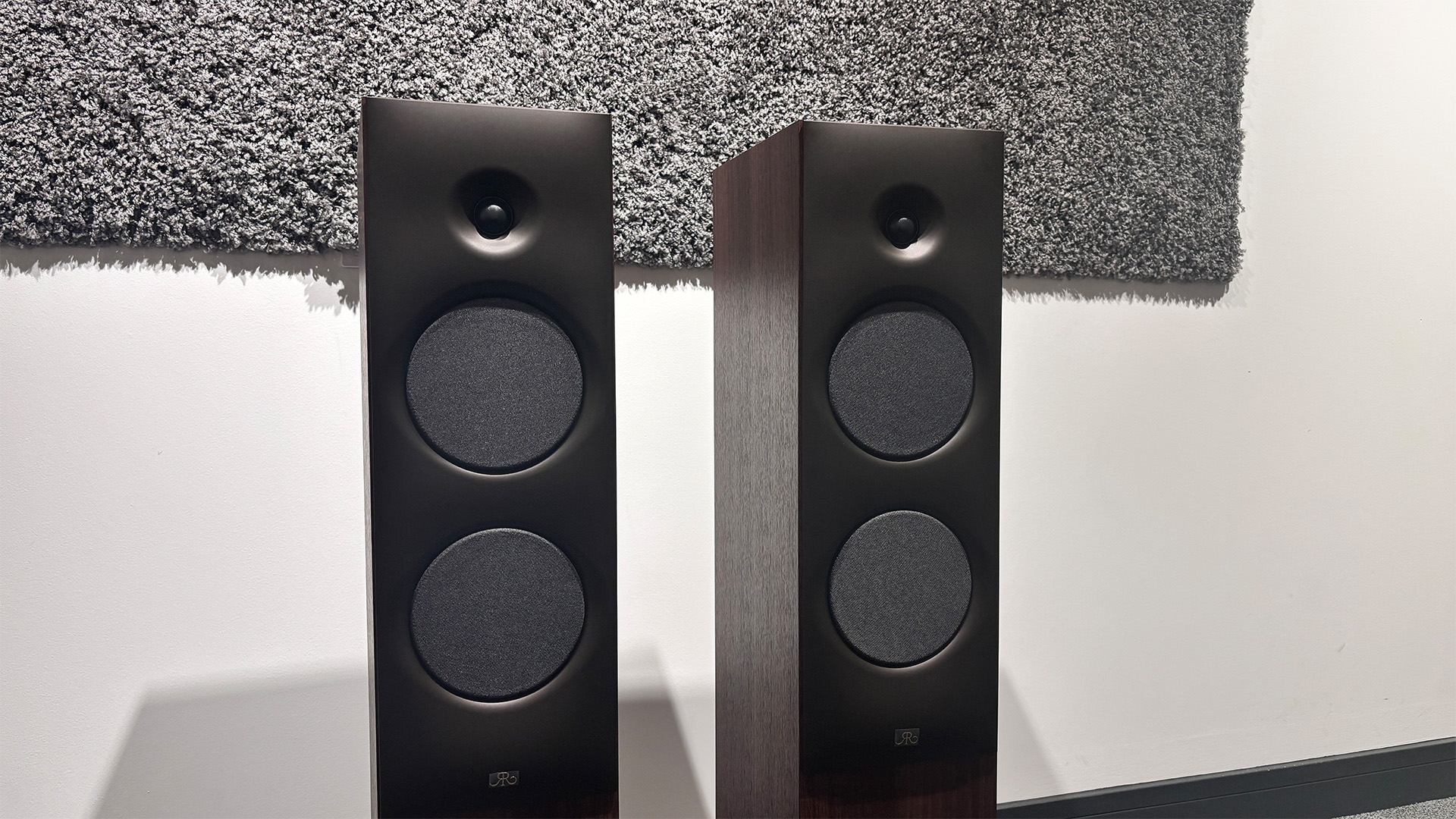
Type Floorstanders
Drive units 28mm soft-dome tweeter, 18cm mid/bass, 18cm bass
Ported? Yes (rear)
Bi-wire? Yes
Impedance 4 ohms
Sensitivity 89dB/W/m
Dimensions (hwd): 106 x 21.3 x 30.7cm
Net weight 20.6kg
Finishes x 3 (Walnut, Blonde Oak, Matte Black)
The new floorstanders deploy what Revival Audio calls its ‘Elytron Acoustic Baffle’. In layman’s terms (relatively), it’s a lightweight, high-strength material designed to optimally guide the sound waves as they leave the speaker, reducing unwanted diffraction for better reproduction of mid and low frequencies and greater sonic dispersion.
That magnetically attached front baffle is removable, but we find that the speakers lose some of their sonic dispersion and look a little strange and bare if you decide to take it off. There are also individual covers which go over the drive units by slotting under the baffle, but during our tests, we leave them off as they take a touch of clarity away from the sound.
At the base of the towers, you’ll discover a set of detachable spikes, though we didn’t find these to be that easy to adjust. They’re also not the sharpest spikes in the world, so if you’ve got a thick carpet or rug, their rounded-off design might struggle to penetrate through your lush shagpile.
Revival Audio also furnishes its floorstanders with a set of feet which are attached at a 45-degree angle at the base for improved stability. While we’re down here, we note a single set of speaker terminals at the rear base of the floorstanders – no bi-wiring here, then.
In terms of drive units, the new Sprint towers deploy a 28mm soft-dome tweeter with built-in ‘Anti-Reflection Inner Dome’ (ARID) technology for absorbing unwanted resonances. Each new speaker also boasts two 17.8cm ‘Basalt Sandwich Construction’ (BSC) woofers which promise the ideal balance of rigidity and lightness for a “rapid yet smooth response with impressively tight bass dynamics”.
Compatibility
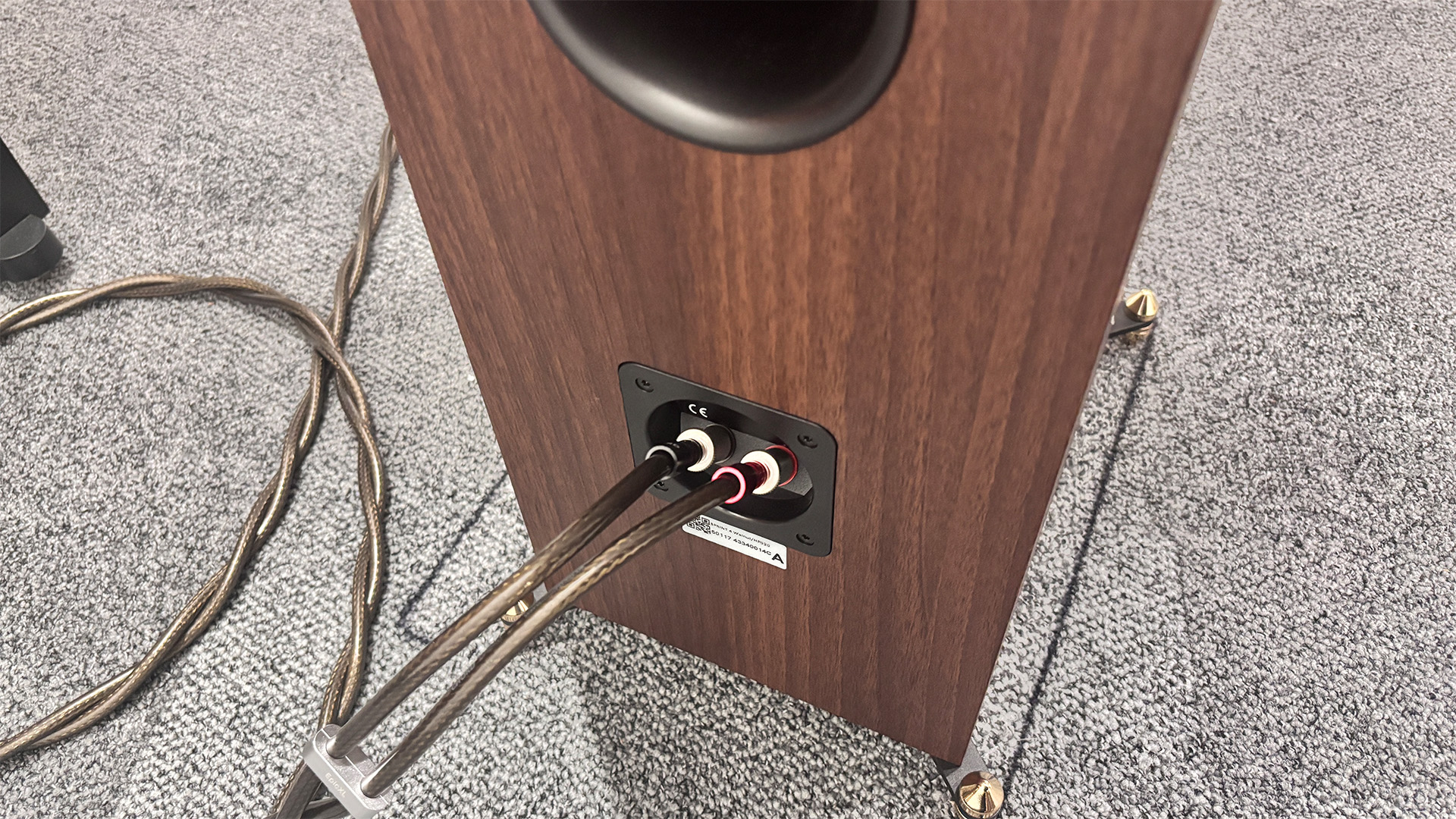
We use our reference system of the Naim ND555/555 PS DR music streamer alongside a Burmester 088/911 MKIII power amplifier at the start of our testing, but soon switch to a more price-compatible system by digging out the five-star Naim Nait XS 3 (tested at £2199 / $2999), an amplifier whose front-footed delivery gives the Sprint 4 a helpful injection of liveliness and punch.
The Arcam A15 (£1099 / $999) would be a nice fit if you want something a bit more affordable that’s still hugely capable, while the Rega Elicit Mk5 (£2000 / $3345 / AU$4299) is a nimble performer if you want to spend a bit more cash.
The Sprint 4 floorstanders are rear-ported, with Revival supplying you with twin sets of foam bungs designed to block the ports and reduce bass output if you’re forced to put the speakers close to a wall or into a corner. It’s a nice option to have, but in our 3 x 7 x 5m (hwd) test room, we find that they sound the best around 70cm away from any walls or surfaces.
We experiment with how we angle the speakers, from having them positioned straight ahead to firing directly at us, noting that a slight inward angle is sufficient to find a balance between decent stereo imaging and giving the towers enough solidity to their sound.
Sound
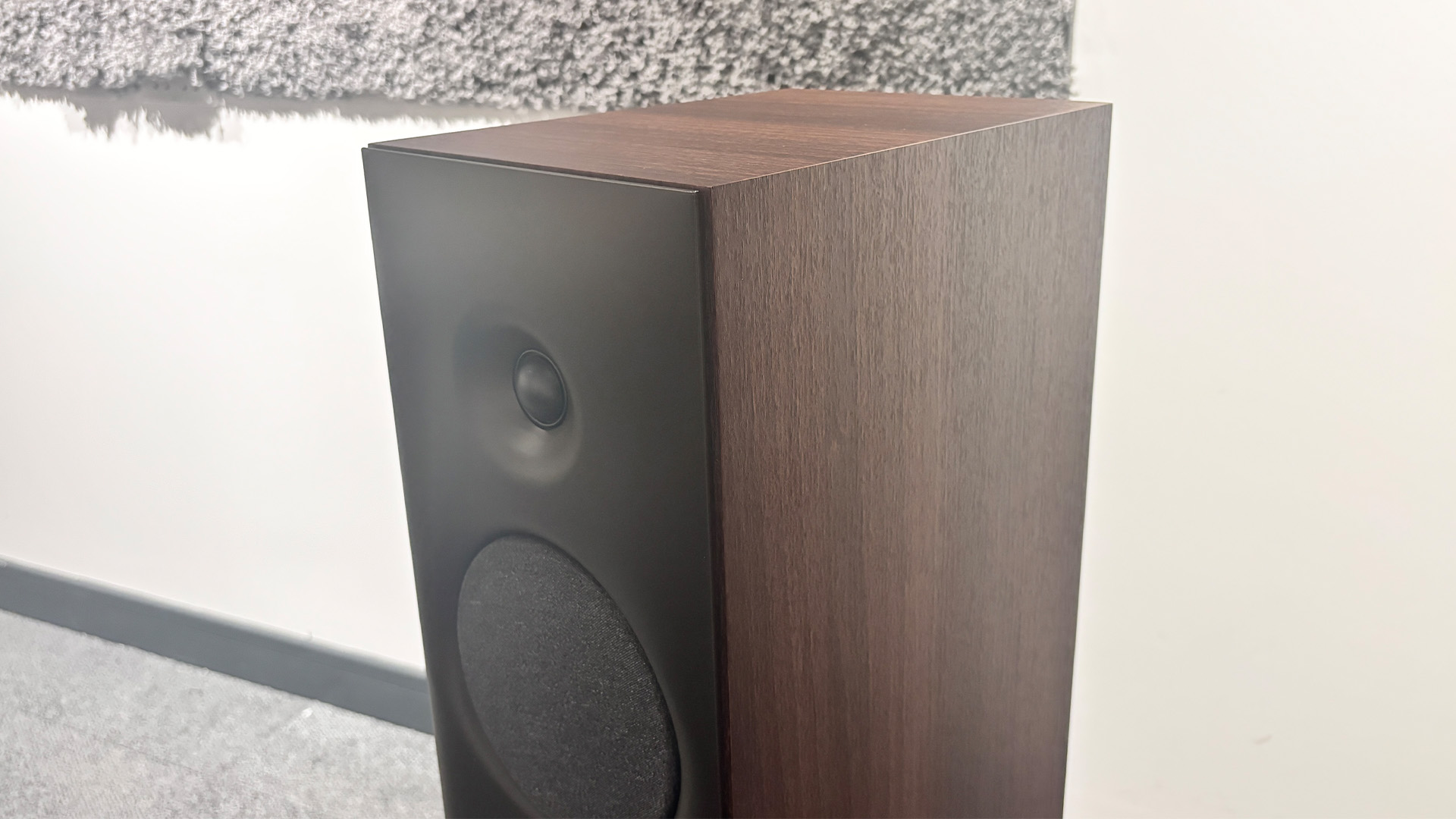
Once we have them up and running, it doesn’t take long before we detect the substantial hi-fi pedigree that went into making the Sprint 4. Yes, Revival Audio remains a relatively new brand, but we discover a reassuring feeling of competence and self-assurance as we listen, qualities that evidence a brand with the weight of substantial experience already behind it.
All of the basics, if there is such a thing as ‘basics’ in hi-fi, are there. Muse’s Madness serves as a tough test of organisational capability and instrumental detail, and the Sprint 4 hurdle both aspects of performance confidently.
The tightly arranged ensemble hangs together nicely as it builds from repeated vocal stabs through to its dramatic, layered denouement, with the speakers’ pleasing combination of clarity and detail helping to reveal the subtleties and nuances of each carefully assembled element.
The substantial floorstanders are particularly impressive in how they handle bass, and though this is clearly a pair of speakers that can fire out a sound with great authority and scale, they have the restraint and sense not to allow any given element to stray out of place, especially at that powerful bottom end.
The towers’ lower-end signature is a pleasing combination of power and precision, outshining the bass reproduction of the smaller PMC Prodigy 5 which, by comparison, sound a little loose and ill-defined in a straight head-to-head.
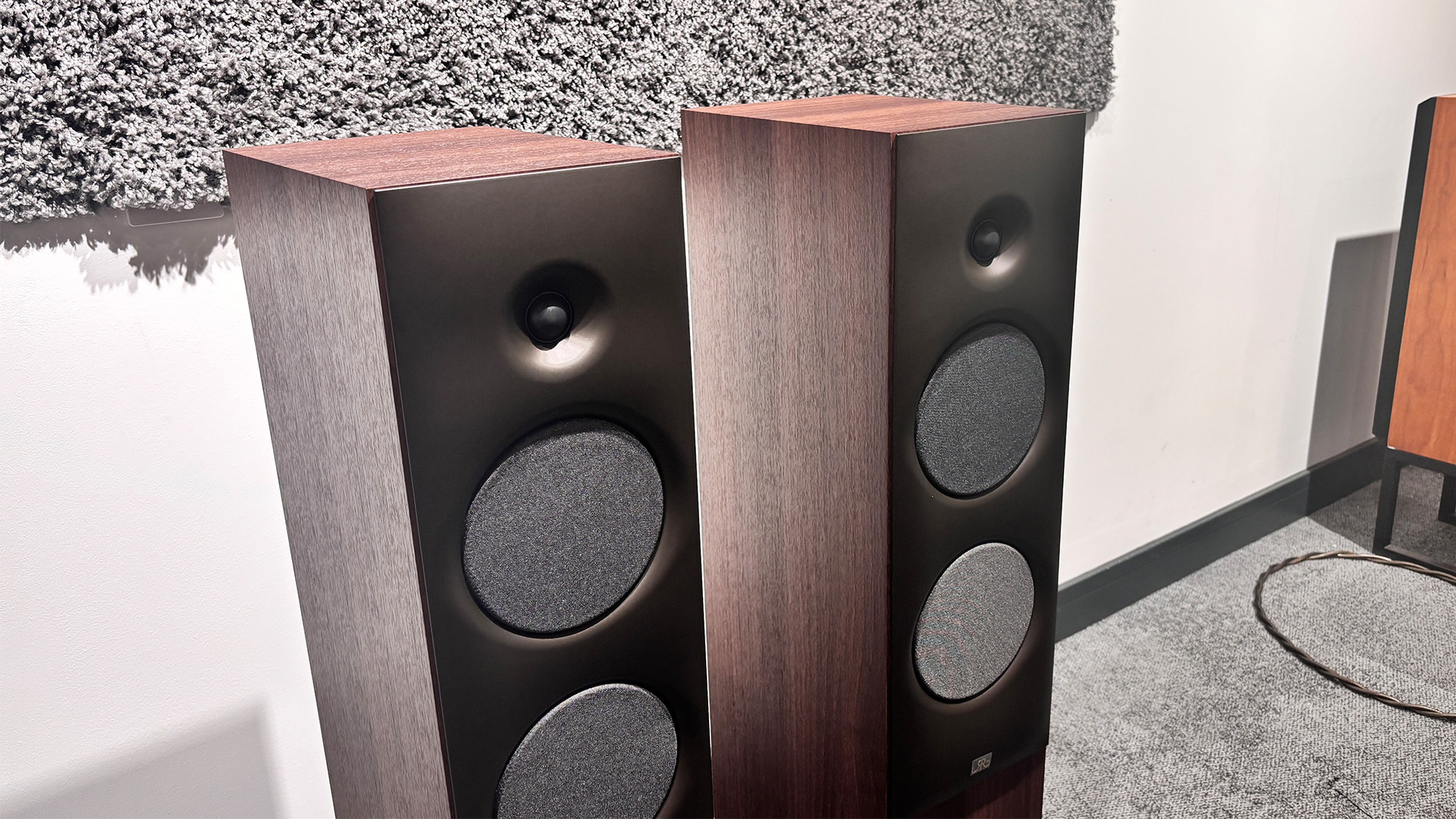
With these so-called basics nailed down, are the Sprint 4 speakers that can make us feel utterly engaged by the music we play? We turn to Eminem’s ferocious The Way I Am, and therein we find a slight chink in their armour – these speakers may be composed and authoritative, but rarely are they truly willing to let go.
Eminem’s polemic about the invasive nature of fame should be a teeth-rattling tirade, but his lyrics don’t quite possess the force and vitriol through the Sprint 4 to have us cowering in a corner.
Further, we feel that the Revival towers could be a touch savvier in how they tease out rhythmic patterns. Class-leading rivals will shine a light on the offbeat opening sequence from Nicolas Britell’s theme to Succession, and while the Sprint 4 present the theme’s complex orchestration with a reassuringly even hand, they don’t tease out such patterns with the brio or conviction to contend with the best around.
The Sprint 4’s slightly reserved character also extends to dynamics. Listen to Lorne Balfe’s Fallout from the sixth Mission: Impossible flick, and the dramatic peaks when the music swells – first with a thump of orchestral drums and then again with a blast of apocalyptic horns – hit with more impact via the rival PMC Prodigy 5.
The Sprint 4 communicate the track’s sense of scale, and we’re struck by the weight and solidity of the sound as it hits us, but they don’t differentiate those bold entrances from the rest of the ensemble with enough drama and distinction to have us feeling as adrenalised as Tom Cruise scaling the Burj Khalifa or motorbiking off the side of a Nordic cliff.
It’s not a disaster, but it results in these being speakers that we like and respect rather than wholeheartedly love.
Verdict
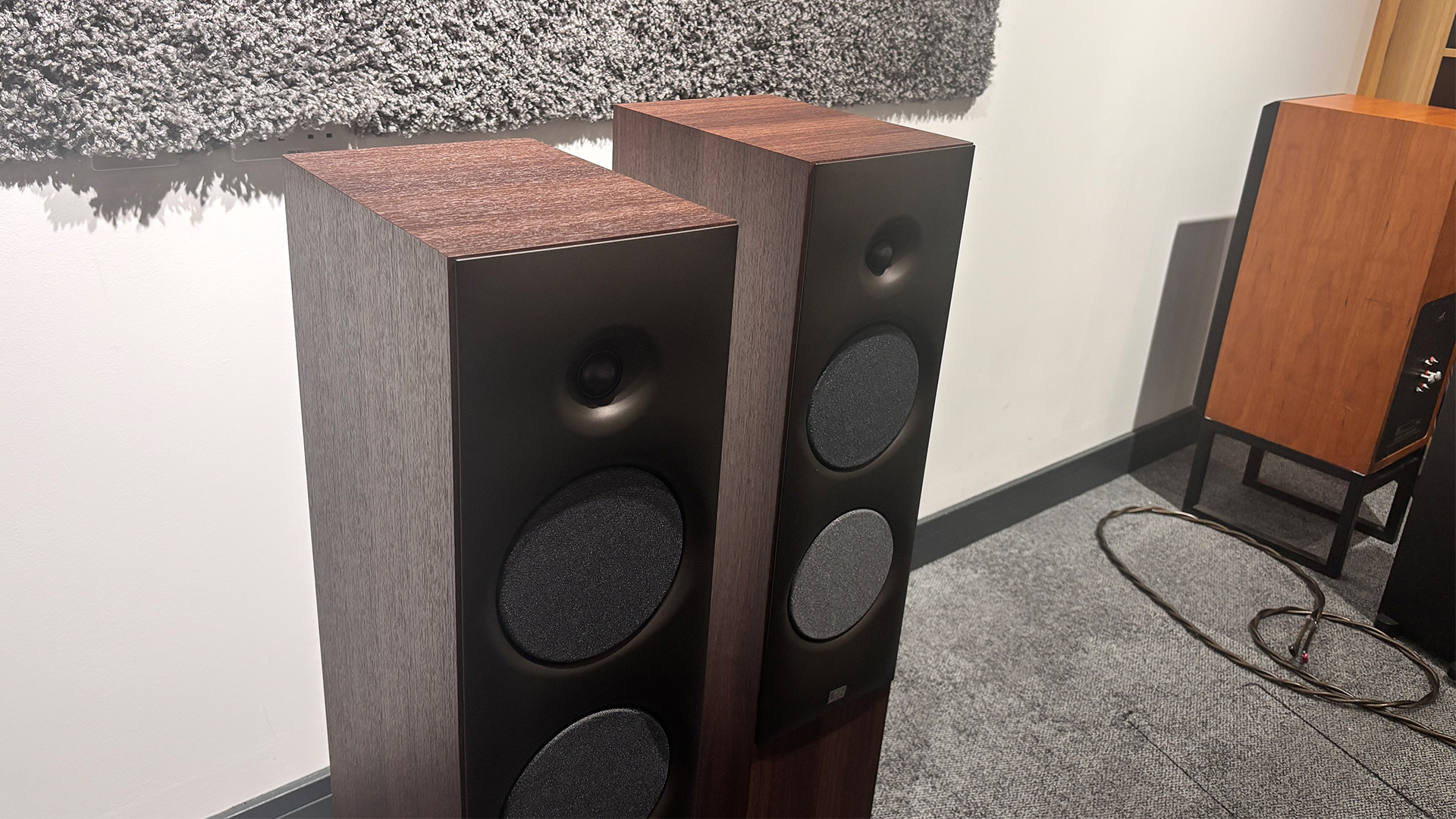
The Revival Audio Sprint 4 have sufficient qualities to make them worthy of a recommendation, with an authoritative, cohesive sound that’s wedded to a solid standard of construction.
For us, the dynamic and rhythmic talents of the PMC Prodigy 5 make those current Award-winners a more musically engaging listen, but if you want scale and authority, not to mention impressive lower-end accuracy, the Sprint 4 present a solid case.
Review published: 27th May 2025
SCORES
- Sound 4
- Build 4
- Compatibility 4
MORE:
Read our review of the PMC Prodigy 5
Also consider the Q Acoustics 5050
Read our Bowers & Wilkins 603 S3 review
Best floorstanding speakers: budget to premium

Harry McKerrell is a senior staff writer at What Hi-Fi?. During his time at the publication, he has written countless news stories alongside features, advice and reviews of products ranging from floorstanding speakers and music streamers to over-ear headphones, wireless earbuds and portable DACs. He has covered launches from hi-fi and consumer tech brands, and major industry events including IFA, High End Munich and, of course, the Bristol Hi-Fi Show. When not at work he can be found playing hockey, practising the piano or trying to pet strangers' dogs.
- Ketan BharadiaTechnical Editor
You must confirm your public display name before commenting
Please logout and then login again, you will then be prompted to enter your display name.
